
What can older adults teach us about supporting mental wellbeing?

What can older adults teach us about supporting mental wellbeing?
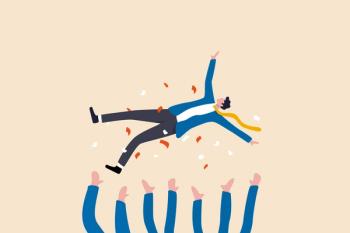
We know who the TIME editors picked for Person of the Year, but what about the readers?

Reflections on the mental health of those in blue who serve...

How can recognizing the pandemic's impact on MSDs help us increase funding, research, and implementation of MSD treatment?

Research identifies common reasons and coping mechanisms for depression that increases during the holidays.
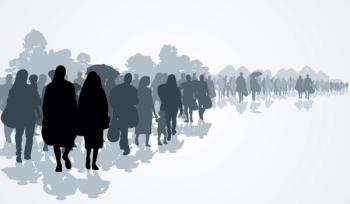
Collective trauma: psychiatry can play a major role in addressing public anxiety and fear.

Caplyta is now FDA-approved for depressive episodes from bipolar I and II.

TIME’s People of the Year have closer ties to mental health than you think.


Poetic reflections of emotions experienced during the holiday season.

In psychiatry, as in journalism, truth, facts, and trust go hand in hand.

Women are currently facing a number of important issues in mental health. How can clinicians improve this situation?

The Group for the Advancement of Psychiatry (America’s mental health think tank) calls for an end to the use of Title 42 to expel asylum seekers at the southern border. This policy places LGBTIQ asylum seekers in particular danger.

Peer victimization can cause patient distress and health risks, including issues with sleep.

Humility and gratitude are among the lessons learned by this psychiatrist...

A change in the wind…
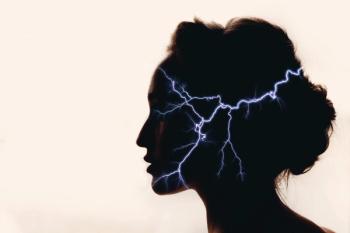
Are common genes and signaling pathways involved in PTSD and migraine?
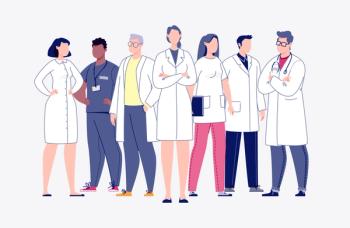
Collaborative care provides the best possible patient outcomes.

Mental health: a crucial component of the new global reality.
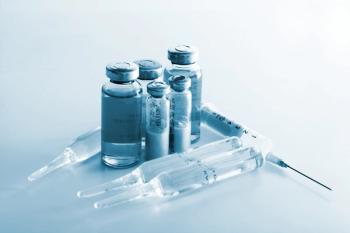
Leading medical organizations support policies requiring COVID-19 vaccination.

High winds and high anxiety—one doctor’s concerns about climate change feel justified.

App allows users with serious mental illness to create and share a psychiatric advance directive.

Data from a clinical program evaluating the efficacy and safety of zuranolone was presented at the American College of Neuropsychopharmacology Congress. What new developments did they share?
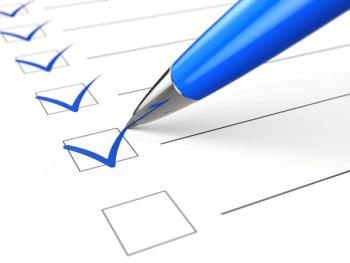
How I navigate the supervisor-supervisee relationship as a Black female resident, activist, and scholar in anti-Black racism—and how a "temperature check" can help.
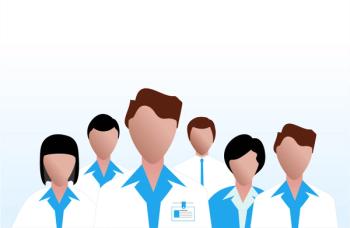
Psychiatric Times, your go-to source for what is relevant and important in the field, is pleased to share the following highlights from the 2021 Neuroscience Education Institute Congress.

Research also shows increased prevalence of social risks and unmet social needs.
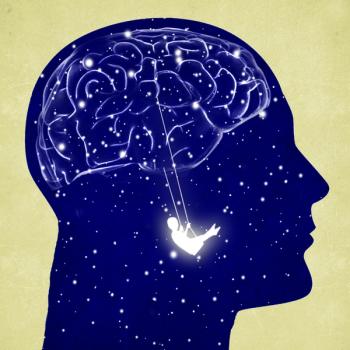
Recent research shows that daytime thoughts can interfere with sleep just as much as nighttime thoughts.
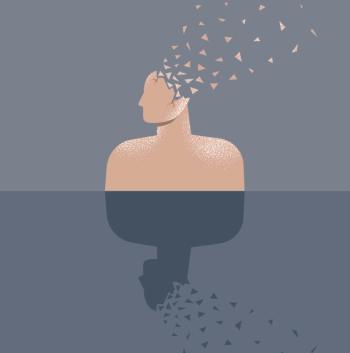
This infrequent, but important, toxic effect of lithium deserves increased awareness.

Individuals with ADHD are 4 times more likely to have generalized anxiety disorder at some point in their life.

Why don’t psychiatrists and mental health professionals ever seem to win People of the Year awards?